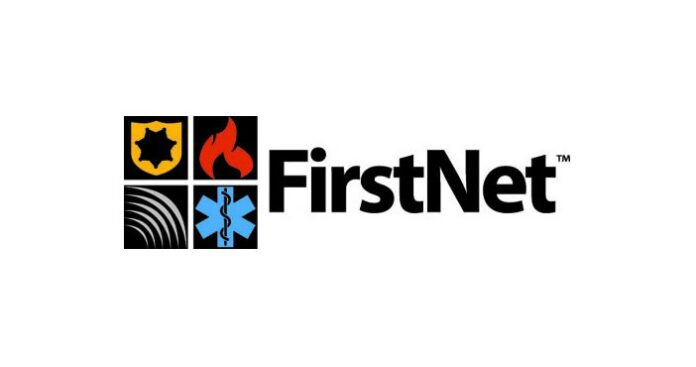A nationwide LTE network for public safety is facing another delay on its road to reality, with an acknowledgement from the First Responders Network Authority that the roughly $6.5 billion network contract will not be awarded on Nov. 1 as had been hoped.
In a blog entry, FirstNet CEO Mike Poth said FirstNet “will continue to execute the acquisition process outlined in the [request for proposal] beyond the Nov. 1 target date for the award.” No further specifics were given about when to expect the RFP award to be made.
In the post, Poth wrote FirstNet cannot discuss specifics of procurement and has “made significant progress in the evaluation process and are moving closer to a contract award in accordance with the Federal Acquisition Regulation.” Contacted by RCR Wireless News, a FirstNet spokesperson echoed that statement and could offer no further detail.
FirstNet has run up against several delays in the RFP as part of its ambitious plan to build a nationwide network designed primarily for use by first responders. The agency’s board released its RFP in January, and gave vendors until late April to respond; the RFP response deadline was extended twice to allow vendors more time and ultimately concluded on May 31. FirstNet had offered the Nov. 1 target date as its goal for awarding the contract, but that has now been delayed as well.
Rivada Networks has been pursuing the contract, including boosting its leadership line up with former Sprint execs and forming its Rivada Mercury division in partnership with a handful of vendors, including Harris Corporation, Ericsson, Nokia, Intel Security, Fujitsu Network Communications and Black & Veatch. AT&T has also indicated it plans to “aggressively” pursue the network opportunity, which includes the option for a carrier partner to have access to sharing FirstNet’s 20 megahertz of 700 MHz spectrum in Band 14.
Although FirstNet has said it cannot discuss the ongoing procurement process, at least one hint has emerged to its progress. PdvWireless, a public safety communications provider that had publicly confirmed its bid for the FirstNet project, said in a recent Securities and Exchange Commission filing it had received written notice that it is no longer being considered for the award. According to the FAR, a contracting officer can decide – after an initial evaluation all the proposals – that “the number of most highly rated proposals that might otherwise be included in the competitive range exceeds the number at which an efficient competition can be conducted. Provided the solicitation notifies offerors … the contracting officer may limit the number of proposals in the competitive range to the greatest number that will permit an efficient competition among the most highly rated proposals.” Proposals outside of an established competitive range can be eliminated from consideration.
RFP respondents and the government are also allowed limited communication and negotiation around the RFP under the FAR. FirstNet has laid out an objectives-based RFP that outlines the capabilities it wants the network to have, as well as minimum requirements, and has indicated it plans to make a single, national award rather than a regional approach. Any amendments to the RFP must be made publicly; the RFP itself has had amended information, including answers to questions from vendors, added 15 times since it was initially posted in January, but no changes since shortly before RFP responses were due.
“From the outset, FirstNet set an aggressive schedule for the procurement knowing that the timing of the award would depend on many factors given its significance and complexity, some of which are outside our control,” Poth noted. “This is a highly complex acquisition that requires the input and support of multiple agencies and entities; it is critical that all parties are thorough and follow the necessary processes so that FirstNet gets this right for public safety. … We will continue to work diligently with our federal partners to complete the RFP process in line with the FAR, while being as transparent as allowable.”

